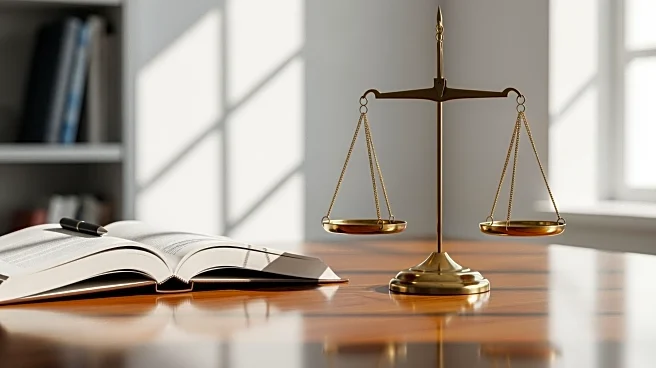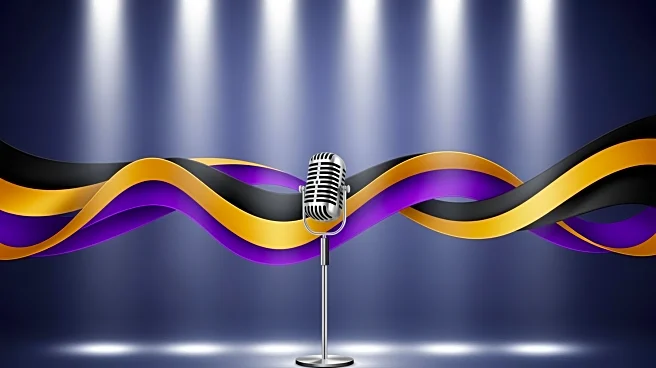Rapid Read • 8 min read
Anthropic, a company involved in a copyright lawsuit over the use of music lyrics, faced an issue when its AI assistant, Claude, generated an incorrect legal citation. The AI was used to draft a citation in an expert report, but it produced an inaccurate title and incorrect authors, according to a court filing. This mistake was described as 'embarrassing and unintentional' by Anthropic's lawyer, Ivana Dukanovic, from Latham & Watkins. The error was not caught during a manual citation check, leading to additional wording errors in the report. The lawsuit, filed by music publishers Universal Music Group, Concord, and ABKCO, claims Anthropic used copyrighted lyrics to train Claude. The case highlights ongoing legal challenges between copyright holders and AI companies.
AD
The incident underscores the challenges and potential pitfalls of using AI in legal contexts. As AI tools become more integrated into various industries, including law, the accuracy and reliability of these technologies are critical. Errors like the one made by Claude can have significant legal and reputational consequences for companies. This case also reflects broader concerns about AI 'hallucinations,' where AI generates incorrect or fabricated information. The legal sector is particularly sensitive to such issues, as accuracy and credibility are paramount. The situation emphasizes the need for rigorous checks and balances when employing AI in legal processes, and it may influence how AI is adopted and regulated in the legal industry.
The court will continue to address the lawsuit filed by the music publishers against Anthropic. The outcome of this case could set precedents for how AI-generated content is treated in legal settings. It may also prompt companies to implement stricter verification processes when using AI tools. Legal professionals might need to adapt to these technologies while ensuring compliance with legal standards. The case could lead to increased scrutiny of AI applications in law and potentially influence future regulations governing AI use in legal contexts.
This incident raises ethical questions about the reliance on AI in critical sectors like law. It highlights the need for transparency and accountability in AI development and deployment. The legal profession may face cultural shifts as it integrates AI, balancing innovation with the preservation of traditional legal practices. Long-term, this could lead to a reevaluation of the role of AI in decision-making processes and the development of new ethical guidelines for AI use in sensitive areas.
AD
More Stories You Might Enjoy











